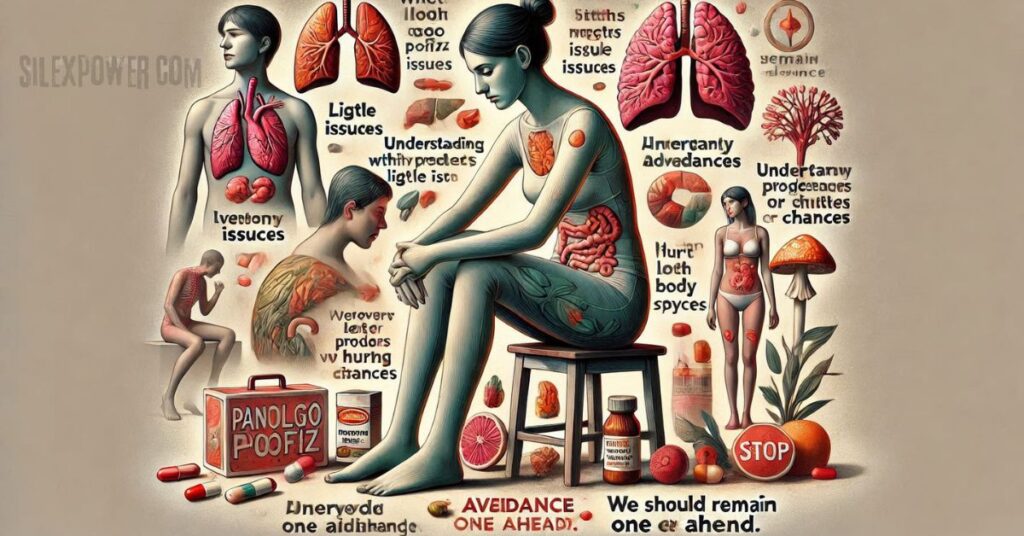Introduction
Recovery is the process of returning the body and mind to their ideal states; it goes beyond simply resting. Through a comprehensive approach to healing, the recuperbate idea guarantees that people restore their strength, energy, and emotional well-being in a methodical and efficient way. Rehab provides a route to a happier, more balanced existence, regardless of whether one is recuperating from disease, trauma, or mental tiredness.
The definition of recuperbate, its importance, and how to include it into your daily routine to attain optimal well-being will all be covered in this tutorial.
What Is Recuperbate?
Fundamentally, recuperation is a way of active and attentive recovery that places an emphasis on rest, healing, and self-care. In contrast to passive recovery, which merely involves waiting for wounds to heal, recuperation urges people to take actively measures to aid in their healing process.
Key Elements of Recuperbate:
Physical Recovery: Restoring the body’s strength and endurance.
Mental Rejuvenation: supporting emotional and psychological healing.
Preventive Care: Ensuring long-term wellness and resilience.
Holistic Approach: Combining different methods such as nutrition, movement, and mindfulness.
People can achieve a durable recovery and avoid long-term health problems by integrating recuperation into their daily lives.
The Importance of Recuperbate in Healing
Both immediate recovery and long-term health depend on the recuperation process. Many people hurry back into their routines without giving their bodies and minds enough time to heal, undervaluing the significance of structured recuperation. Let’s examine the importance of recuperation:
1. Physical Healing and Regeneration
Following disease, trauma, or strenuous exercise, the body requires time to rebuild and repair tissues. Support for Recuperbate:
Reduced inflammation and pain relief
Improved circulation and oxygen flow
Faster muscle recovery and regeneration
Strengthened immune system function
2. Mental and Emotional Well-Being
Healing isn’t just physical; mental recovery is equally important. The recuperate approach emphasizes:
Stress reduction through mindfulness techniques
Emotional resilience and reflection
Improved mood and mental clarity
Balanced sleep cycles for better cognitive function
3. Preventing Burnout and Relapse
Neglecting recovery causes relapses, exhaustion, and long-term problems. A carefully planned recovery regimen guarantees:
Sustained energy levels
A gradual return to activities without overexertion
A stronger foundation for future performance
A reduced risk of reinjury or illness recurrence
People can develop healthy habits that promote long-term strength and vitality by realizing the value of recuperation.
Key Components of a Successful RecuRecuperativetine
Several essential components make up a thorough recuperation program, each of which is intended to promote a certain facet of recovery. Here’s how to incorporate them into your way of life:
1. Rest and Quality Sleep
Aim for 7-9 hours of uninterrupted sleep per night.
Establish a consistent sleep schedule to regulate the body’s natural rhythms.
Use relaxation techniques like deep breathing and guided meditation before bed.
2. Nutrition for Recovery
Fueling the body properly is a crucial aspect of recuperation. Prioritize:
Lean proteins (chicken, fish, tofu) for muscle repair.
Antioxidant-rich foods (berries, leafy greens) to fight inflammation.
Healthy fats (avocados, nuts) for brain function.
Hydration—drink plenty of water and avoid excessive caffeine or alcohol.
3. Gentle Movement and Stretching
Even though rest is necessary, total inactivity might hinder healing. Mild exercises support circulation and flexibility maintenance.
Walking to boost circulation without strain.
Stretching or yoga to release tension and improve mobility.
Breathing exercises to enhance oxygen intake and relaxation.
4. Mindfulness and Mental Recovery
Engaging in mental wellness activities promotes emotional balance. Consider:
Journaling to express thoughts and track progress.
Meditation for stress relief and focus.
Visualization techniques to reinforce a positive mindset.
5. Social Support and Connection
Isolation can slow recovery, while support accelerates it. Recuperbate includes:
Spending time with loved ones for emotional encouragement.
Joining support groups to share experiences and advice.
Seeking professional guidance when necessary for mental or physical health.
6. Professional Assistance When Needed
Sometimes, expert guidance is essential for proper recuperation. This may include:
Physiotherapy for physical recovery
Nutritional counseling for diet optimization
Psychological support for mental well-being
These guidelines can help people create a customized recovery plan that improves their immediate and long-term health.
Common Challenges in the Recovery Process
Even though rehabilitation is good, many people face obstacles to a full recovery. This is how to get past them:
1. Impatience and the Urge to Rush Recovery
Many people try to resume their routine too soon, leading to setbacks. The key to overcoming impatience is:
Practicing self-compassion and understanding that healing takes time.
Setting realistic goals for gradual progress.
Listening to your body’s signals to avoid overexertion.
2. Lack of Motivation
Sticking to a recovery plan can be difficult. To stay motivated:
Celebrate small milestones to acknowledge progress.
Find an accountability partner (friend, coach, or therapist).
Keep a journal to track recovery improvements.
3. External Pressures to Resume Normal Activities
Work, family, or social obligations may push individuals to return too soon. Managing these pressures involves:
Communicating boundaries to set realistic expectations.
Educating others on the importance of recovery.
Prioritizing long-term health over short-term obligations.
By identifying and addressing these challenges, individuals can create a strong, sustainable recuperation routine that fosters full recovery.
Conclusion
Healing is only one aspect of recuperation; another is using a methodical, deliberate approach that improves mental and physical health. Incorporating recuperation techniques into your life, whether you’re recuperating from an ailment, injury, or everyday stress, guarantees a balanced, healthier future.
Anybody can learn the art of recuperation and attain long-term well-being by emphasizing sleep, food, exercise, mindfulness, and social support. Keep in mind that healing is a process rather than a race. Give yourself time to recover, rejuvenate, and prosper.



